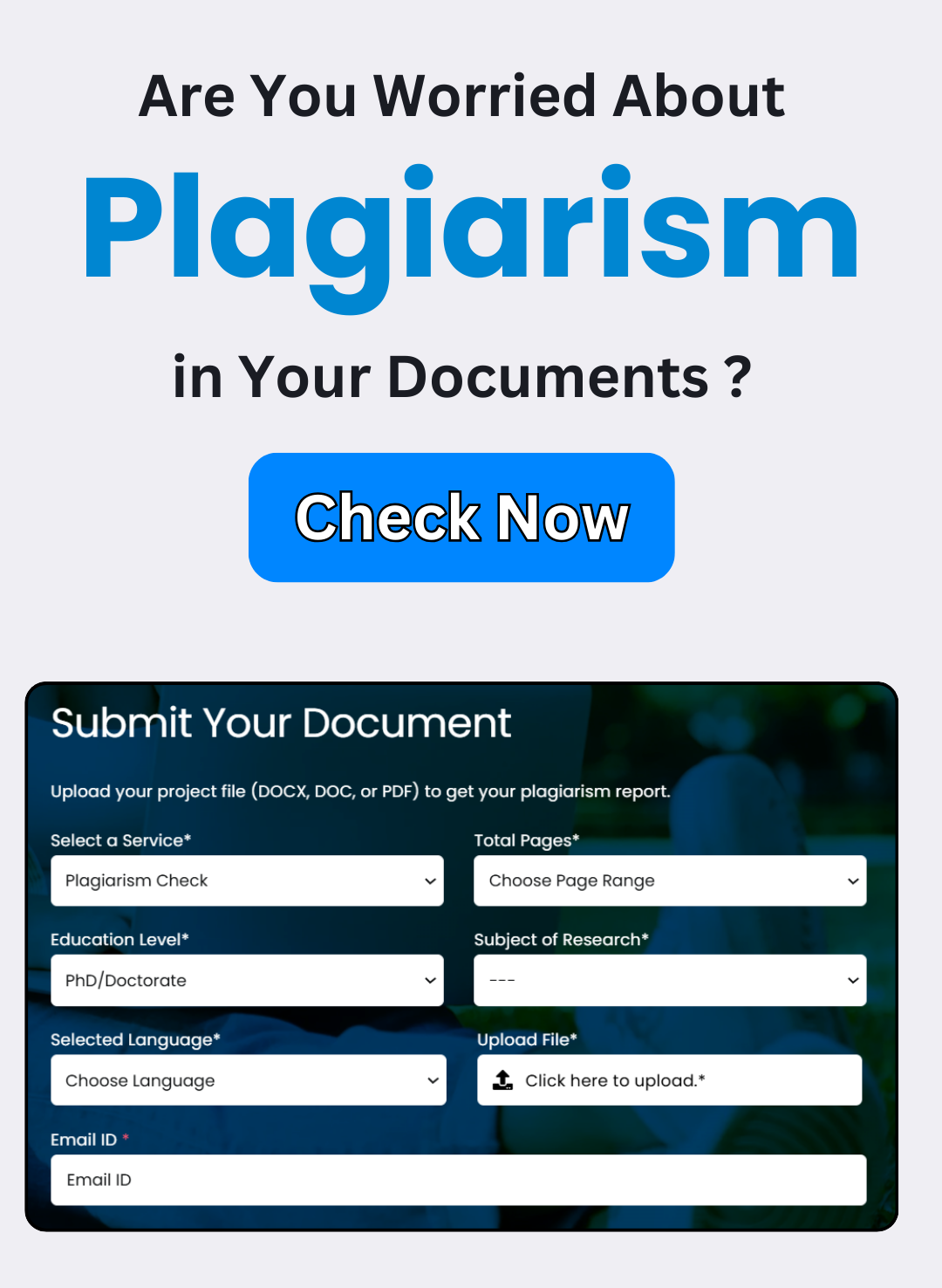Essential Tips for Writing a Great Review Paper
Writing a review paper can be a challenging but rewarding task. It requires not only a thorough understanding of the topic but also the ability to present existing literature in a critical and organized manner. To help you get started and write an effective review paper, here are some key tips you should keep in mind:
1. Understand the Purpose
Before diving into the research, take a moment to clarify the purpose of your review paper. Who is your audience? What do you want to achieve with this paper? Understanding the goal will help you determine the scope of your review and guide your focus throughout the writing process.
2. Conduct Thorough Research
A well-written review paper is grounded in extensive research. Read a variety of sources relevant to your topic, including academic journals, books, conference proceedings, and reputable online publications. Aim for a balanced range of materials to ensure your paper covers the topic comprehensively.
3. Organize Your Findings
Once you’ve gathered enough research, organize your material logically. Use subheadings to break up the content and make it easier for readers to follow. Group similar studies or themes together to create a structured flow of information. This will help readers understand the context and connections between different pieces of literature.
4. Take a Critical Approach
A key aspect of writing a review paper is analyzing the studies you include. Don’t just summarize them—critique them. Evaluate the strengths and weaknesses of each study, and discuss how they contribute to the broader understanding of the topic. This demonstrates a deeper level of engagement and adds value to your paper.
5. Write in a Clear and Simple Style
Your writing should be clear and accessible, even when discussing complex ideas. Avoid technical jargon or overly complicated phrases, especially if your audience is not familiar with the topic. Keep your sentences straightforward, and focus on clarity to ensure your paper is easy to follow.
6. Cite Your Sources Properly
Accurate citation is essential in academic writing. Make sure to follow a consistent citation style (APA, MLA, Chicago, etc.) throughout your paper. Include a detailed reference list at the end, and double-check that all of your sources are properly cited both in the text and in the reference section.
7. Proofread and Edit
Once you’ve completed your first draft, set aside time for thorough proofreading and editing. Check for spelling and grammar errors, and ensure the paper flows logically from one point to the next. It’s also important to verify that your arguments are clear and that your citations are correct. Don’t hesitate to ask a peer or mentor to review your work for feedback.
Conclusion
By following these tips, you can write a high-quality review paper that is well-organized, insightful, and engaging. Remember, a review paper isn’t just a summary of existing literature—it’s an opportunity to critically engage with and synthesize research, providing your readers with valuable insights. With careful research, clear writing, and thoughtful analysis, you’ll be well on your way to crafting a successful review paper.
Plagiarism Detection Tools for Non-University Users: Turnitin Plagiarism Check
Plagiarism is a serious concern for students, independent researchers, authors, and freelancers. […]
Ways to Detect Plagiarism Without Access to Turnitin
Turnitin is one of the most popular plagiarism detection tools used by […]
Can Turnitin Detect Plagiarism Tricks? Understanding Turnitin’s Capabilities
Can Turnitin Detect Plagiarism Tricks?
Turnitin is one of the most trusted tools […]
Turnitin Plagiarism Detection Benefits
Turnitin Plagiarism Detection Benefits
Turnitin is one of the most trusted and widely […]
What Is an Acceptable Turnitin Similarity Score in 2026? A Complete Guide for Students
What Is an Acceptable Turnitin Similarity Score in 2026? A Complete Guide
In […]
Plagiarism Checking and Removal Services on WhatsApp – Fast & Reliable Support
Introduction:
In today’s academic and professional world, ensuring that your work is plagiarism-free […]


